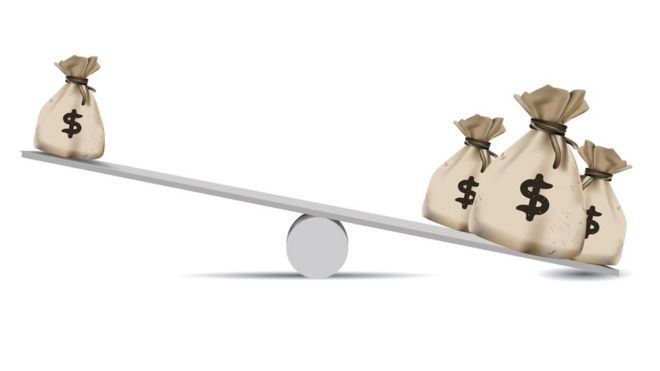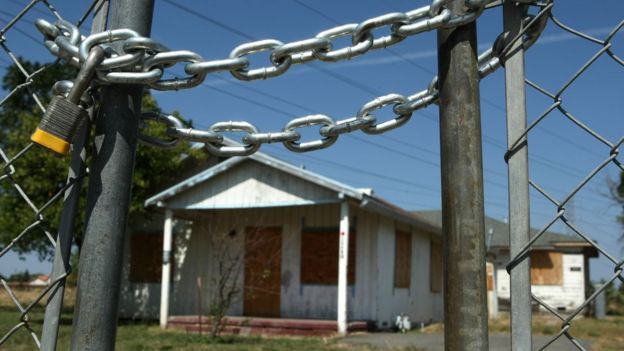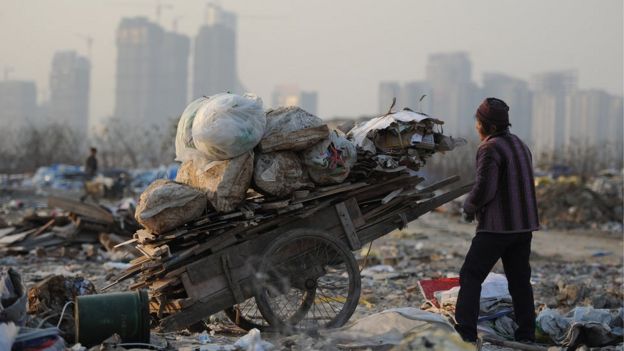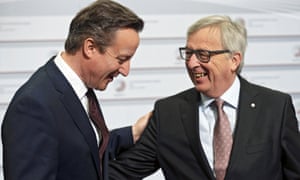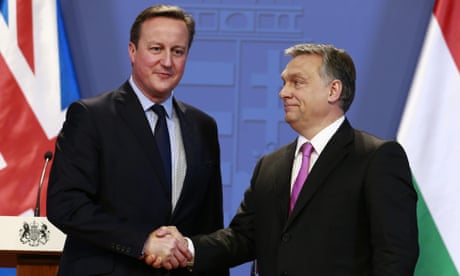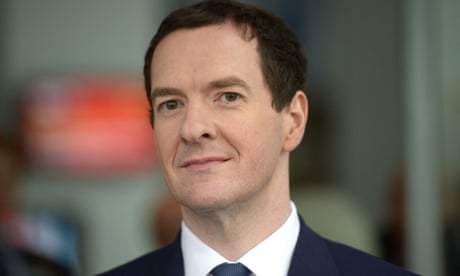Assumptions about coal and iron ore exports helped build Australian prosperity. But with China’s economy threatening to unravel, a less rosy picture is emerging
Chinese tourists in Sydney. The two countries have prospered through their close economic ties but there could also be a downside. Photograph: David Gray/REUTERS
Over the last couple of decades, China has undergone profound change and is often cited as an economic growth miracle. Day by day, however, the evidence becomes increasingly clear the probability of a severe economic and financial downturn in China is on the cards. This is not good news at all for Australia. The country is heavily exposed, as China comprises Australia’s top export market, at 33%, more than double the second (Japan at 15%).
Over the last couple of decades, China has undergone profound change and is often cited as an economic growth miracle. Day by day, however, the evidence becomes increasingly clear the probability of a severe economic and financial downturn in China is on the cards. This is not good news at all for Australia. The country is heavily exposed, as China comprises Australia’s top export market, at 33%, more than double the second (Japan at 15%).
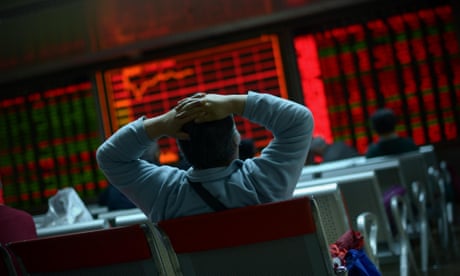
Is 2016 the year when the world tumbles back into economic crisis?
A considerable proportion of Australia’s current and future economic prospects depend heavily on China’s current strategy of building its way out of poverty while sustaining strong real GDP growth. To date, China has successfully pulled hundreds of millions of its people out of poverty and into the middle class through mass provision of infrastructure and expansion of housing markets, alongside a powerful export operation which the global economy has relied upon since the 1990s for cheap imports.
Though last week’s volatile falls on the Chinese stock markets alongside a weakening yuan sent shockwaves through the global markets, Australia’s exposure lies much deeper within the Chinese economy. The miracle is starting to look more and more fallible as it slumps under heavy corporate debts and an over-construction spree which shall never again be replicated in our lifetimes or that of our children.
As of the second quarter of 2015, China’s household sector debt was a moderate 38% of GDP but its booming private non-financial business sector debt was 163%.Added together, it gives a total of 201% and its climbing rapidly. This may well be a conservative figure, given it is widely acknowledged the central government has overstated GDP growth.
Australia, though it frequently features high on lists of the world’s most desirable locations, currently has the world’s second most indebted household sector, at 122% of GDP, soon to overtake Denmark in first place. Combined with private non-financial business sector debt, Australia has a staggering total of 203%, vastly larger than public debts at all levels of government.
Australia’s long-term bet on China was and still is conceptually simple – an incredibly flawed assumption that the country would never cease to consume increasingly more iron ore.
The assumption ran right to the top. Back during the Labor (Rudd/Gillard/Rudd) administrations of 2007-13, the bureaucrats at the Reserve Bank and the treasury, alongside the then treasurer Wayne Swan, forecast that China would import so much iron ore up to 2029 that the only way so much steel could be consumed was if they built more houses than there were people. There would also be infrastructure projects like airports, highways, exhibition centres and sports stadiums.
This was just the base forecast. The best-case scenario manufactured by Australian bureaucrats would liken parts of China to resemble the planet Coruscant from the Star Wars movies (the political centre of the galaxy, whose surface is covered by an entire city). With incredible complacency, politicians from both sides of parliament basked in the glory and reacted smugly when the US and the eurozone hit a brick wall.
So what did Australia do with this rosy outlook? Like a letter of guarantee, the financial services industry used it to convince the international wholesale lending community that the Australian economy was as safe as houses. Lenders around the world were facing an indefinite period of zero interest rates and were desperate for better yield. Australia must have seemed a good place to put their money.
For a time, the Australian bet looked good. The banking and financial system collected all the debt they could source from overseas wholesale lenders, underpinning increasingly greater expansion into Australia’s already grossly overvalued residential housing market.
Like most other nations in the Asia-Pacific region, the problem for Australia now is that riding on the back of China’s economic growth is no longer a “letter of guarantee” but a statement of significant overexposure to a bad bet and risky mortgage debt. The current downturn in China is smashing the Australian mining industry via lower demand for commodities amid increased global supply, especially in iron ore.
As well as hitting Australia hard, the mining export-driven states and territories (Western Australia, Queensland and the Northern Territory) will suffer the most.Population growth rates are falling in these regions, growth is softening and underutilization (unemployment and underemployment) is steadily rising. Spillover effects into the other states are likely, which could impact the country’s largest and most leveraged asset class: the housing market.
This may leave little desire for international wholesale lenders to provide credit to the banking and financial system in the future as Australia’s economic prospects deteriorate. It is becoming obvious both domestically and internationally that the country is beset with a massive housing bubble, driven by debt-financed speculation. Without Australia’s lenders importing an ever increasing sum of credit, the overleveraged and overvalued housing market will run into trouble.
Government and industry have managed over the last decade and a half to instill severe complacency in Australia, hoping policymakers’ two big bets on the finance, property and mining sectors would continue to pay dividends far into the future. While these bets paid off in the short-term, genuine productivity-enhancing policies which would diminish the incredible and mostly unearned wealth millionaires and billionaires have siphoned off could then be ignored.
With the Chinese economy beginning to falter, the fear is Australians must now figure out where their economic future lies for the next generation who have been brainwashed into believing that digging up rocks and flipping houses by accumulating a gargantuan mountain of private debt is how a modern western country builds its future. The results will not be pretty.

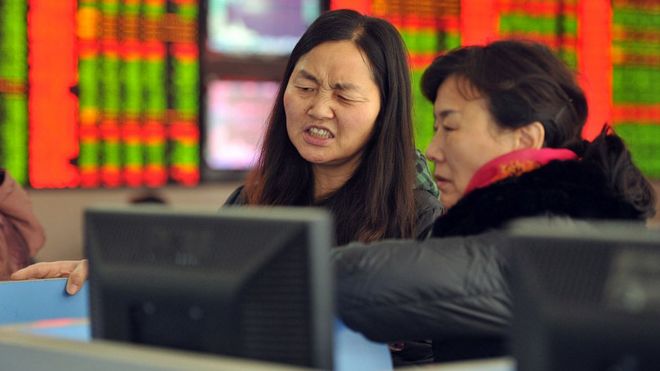 Image copyrightAFP
Image copyrightAFP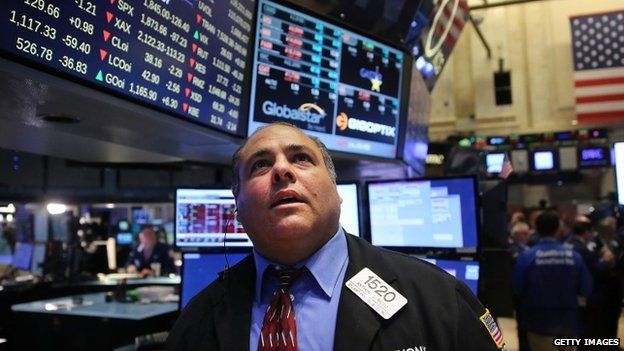 Image copyrightGetty Images
Image copyrightGetty Images Image copyrightAFP
Image copyrightAFP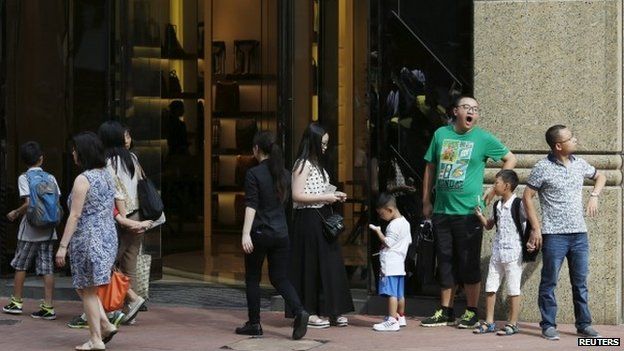 Image copyrightReuters
Image copyrightReuters